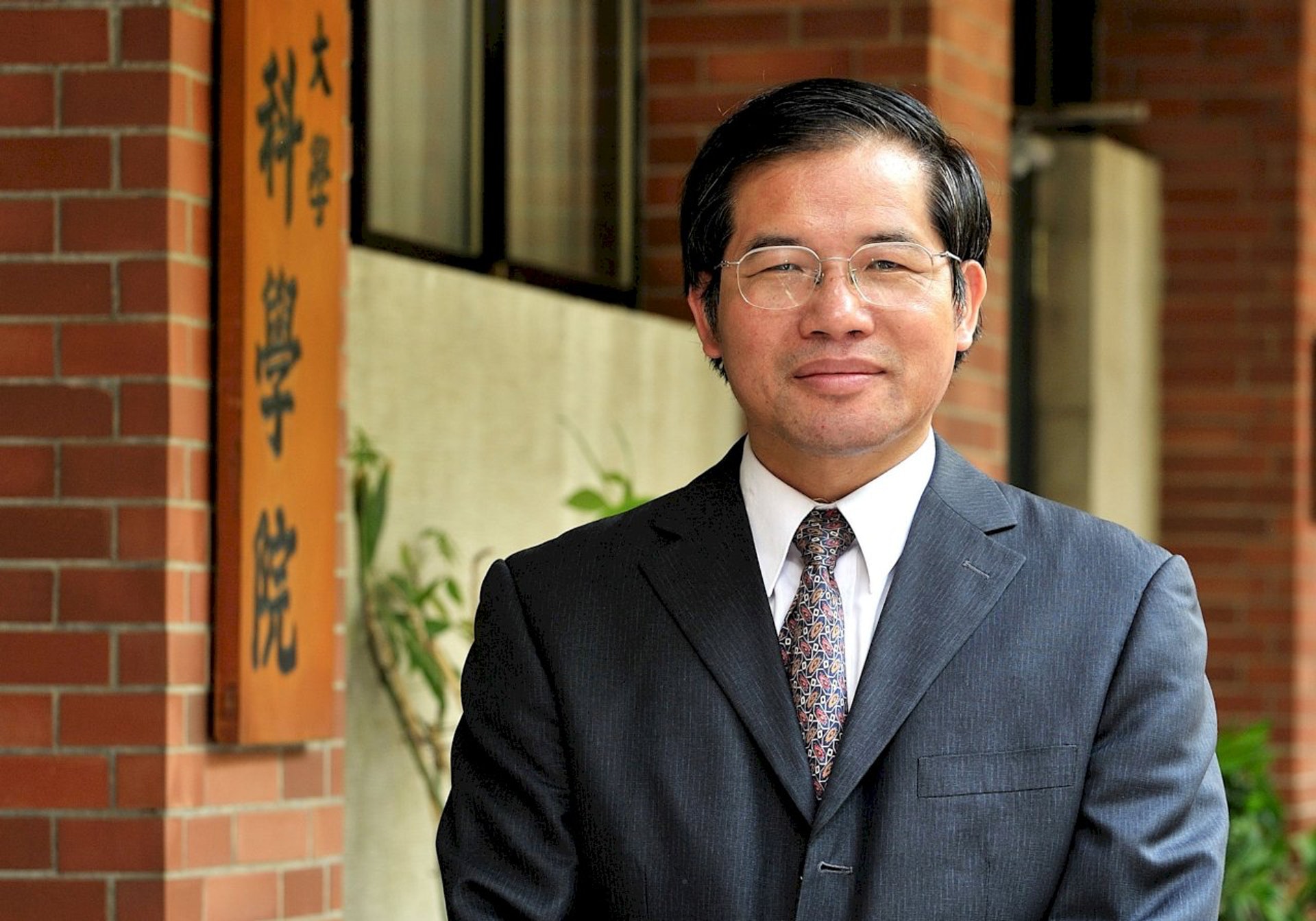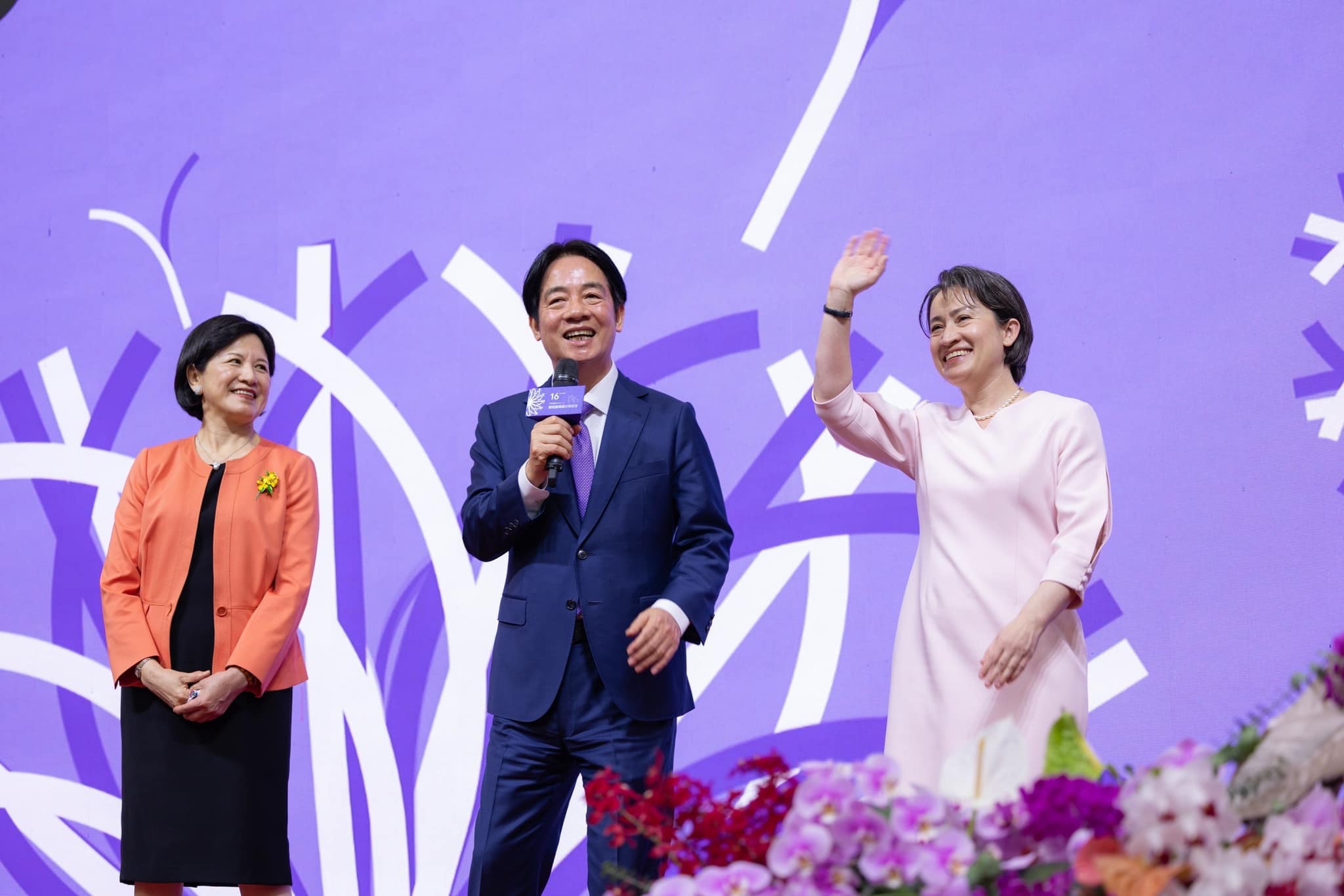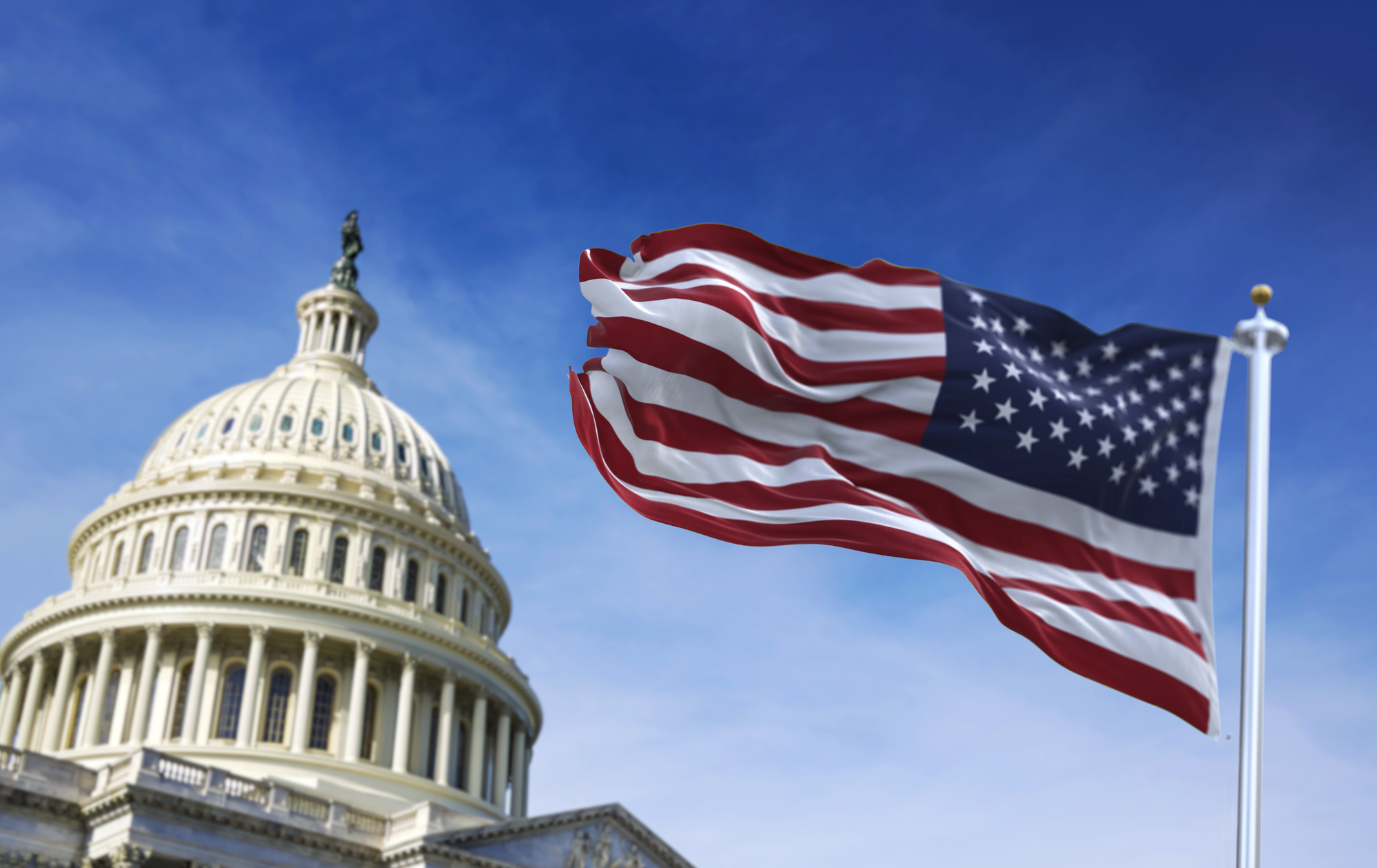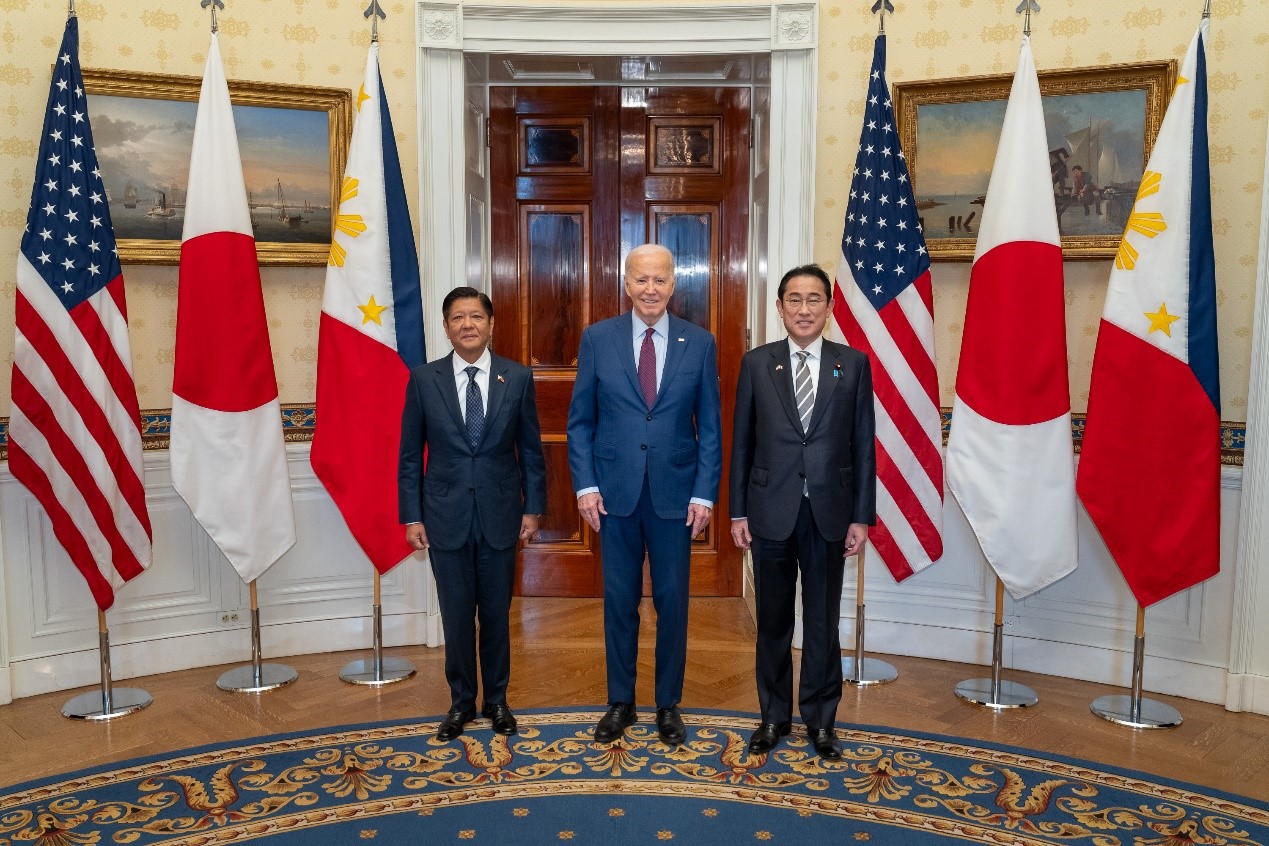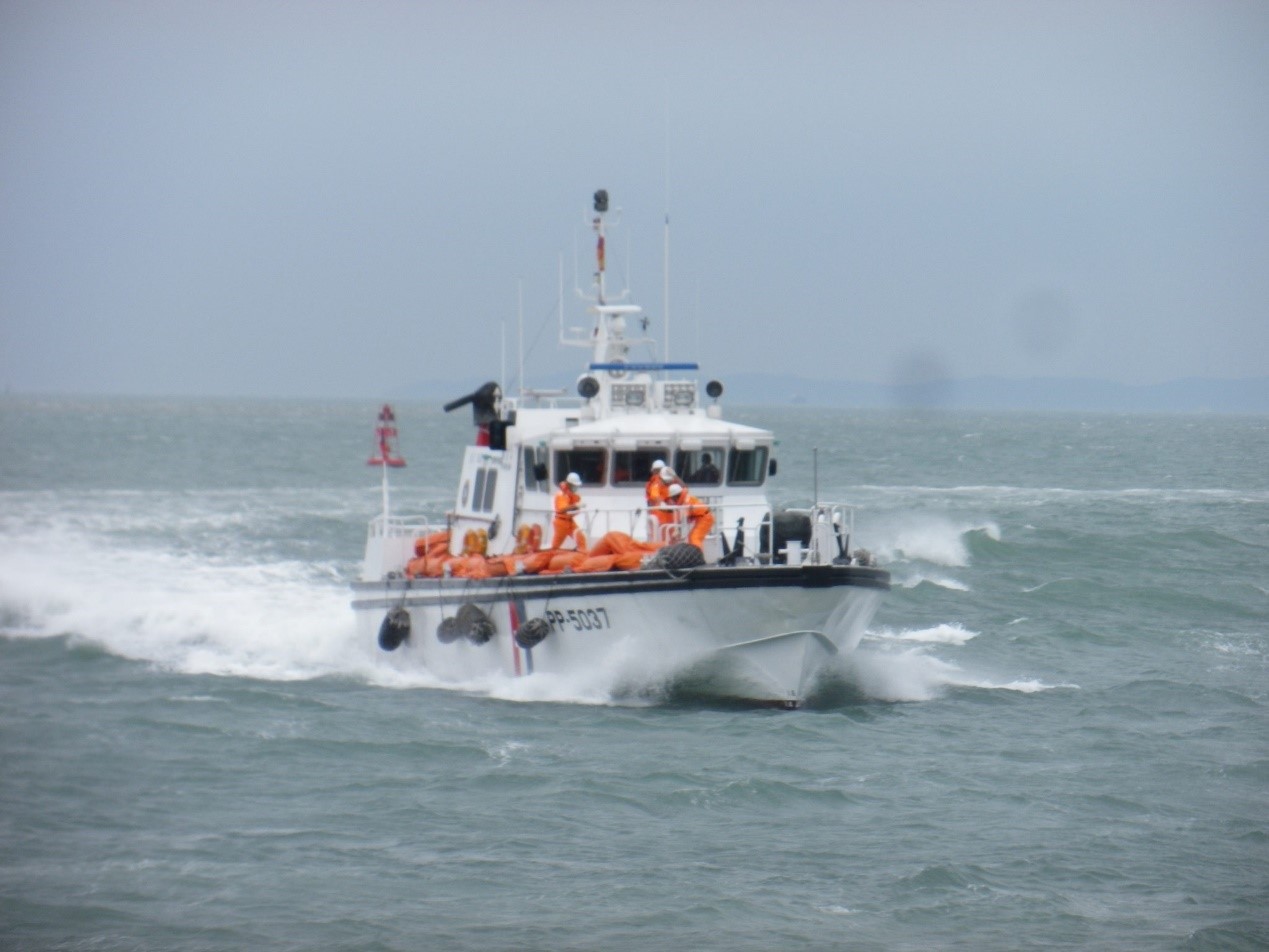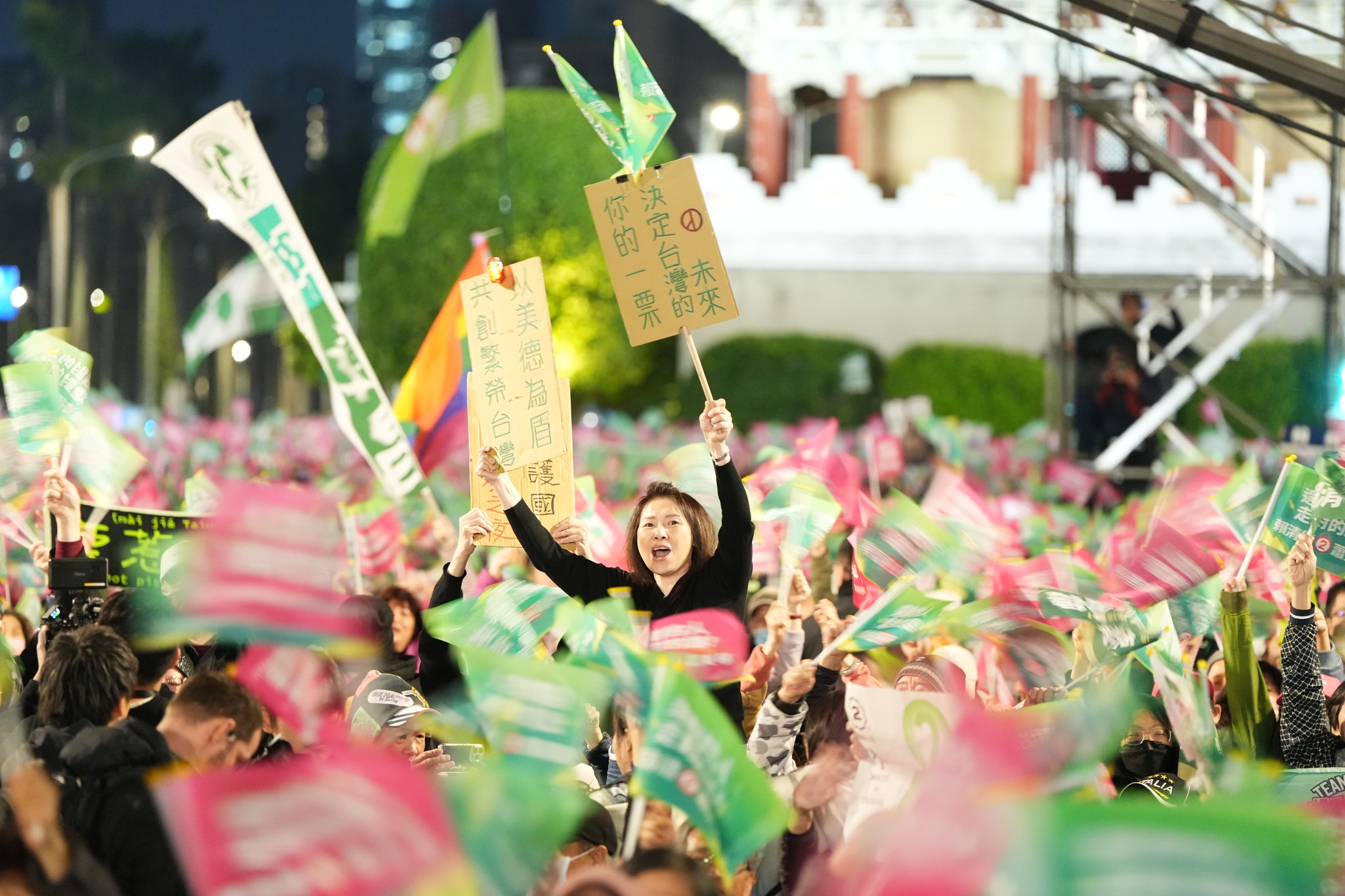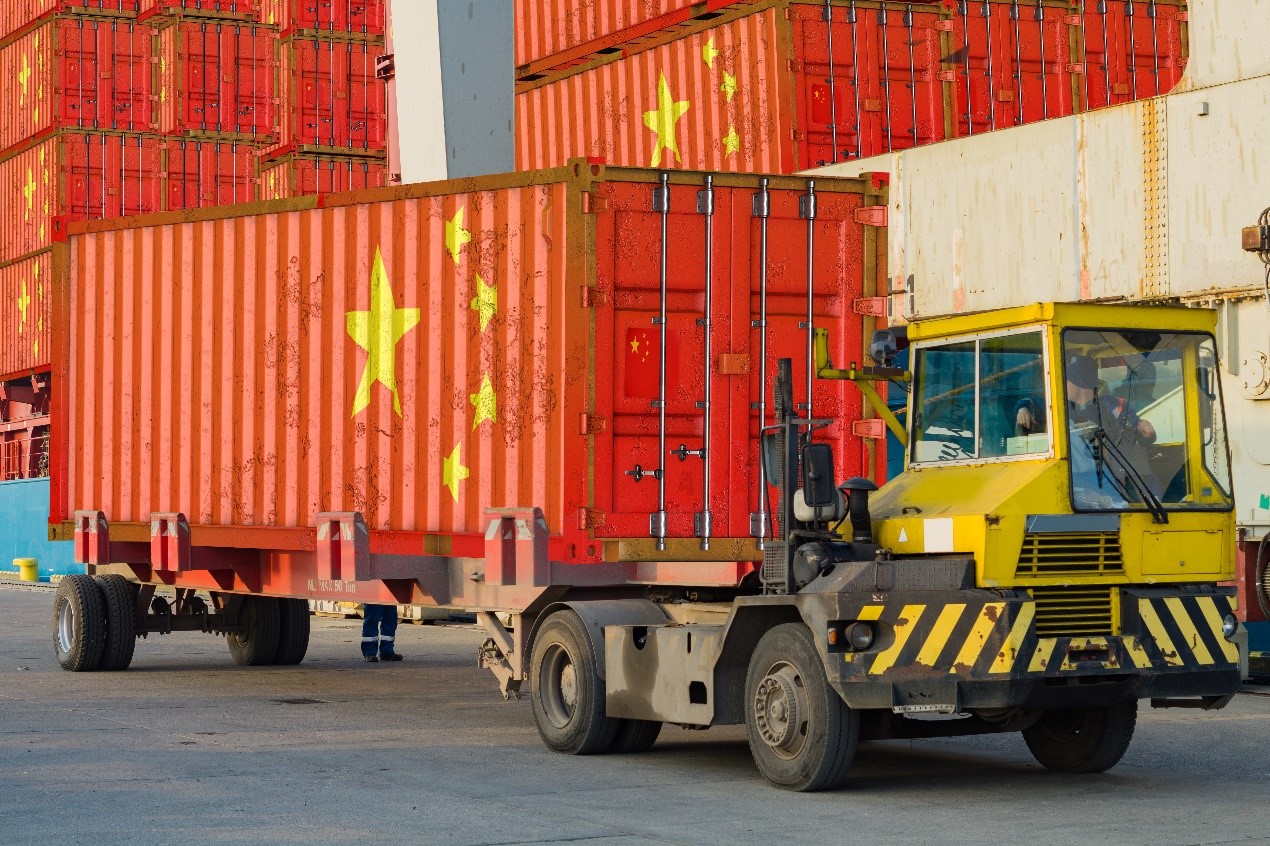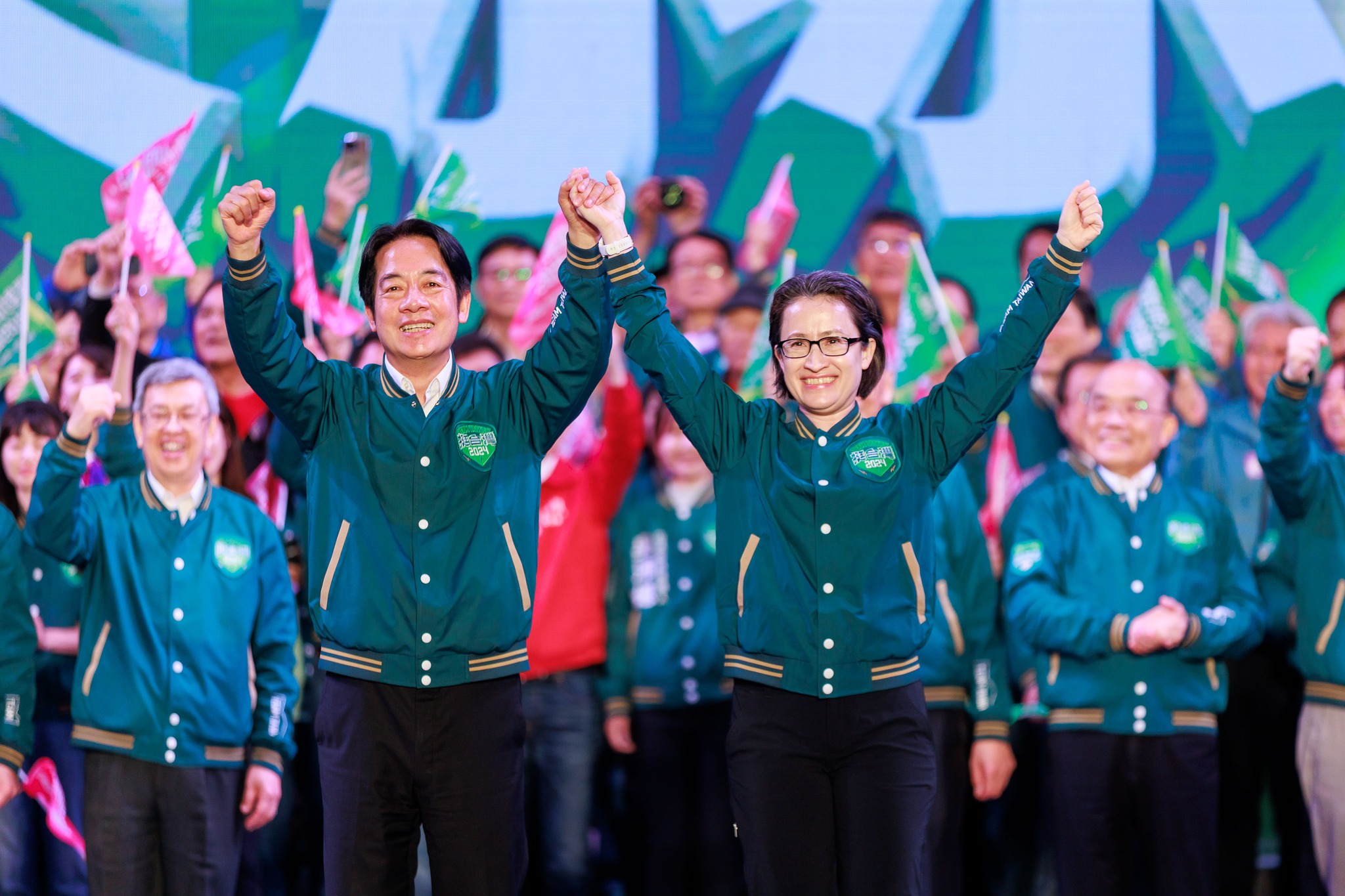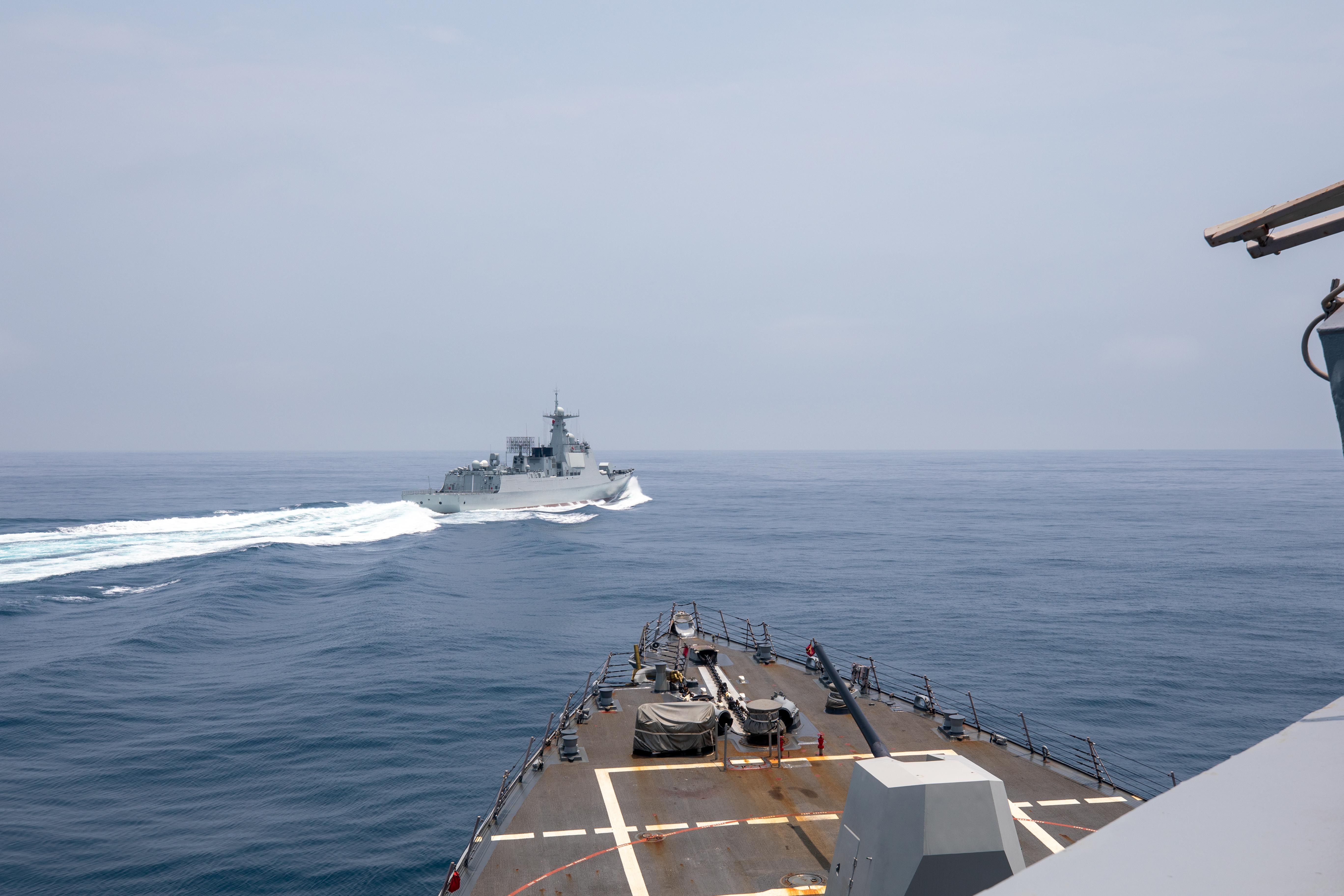After President Lai Ching-te was sworn into office on May 20, 2024, Taiwan entered a new age. President Lai has vowed to build “a democratic, peaceful, and prosperous new Taiwan.” This will not be an easy job, as Lai faces difficult challenges, especially with Beijing continuing to make trouble. Picture source: 賴清德, May 20, 2024, Facebook, https://www.facebook.com/photo.php?fbid=1004468834382227&set=pb.100044573580122.-2207520000&type=3.
Prospects & Perspectives No. 27
Taiwan Enters a New Age: Continuity and Change
By Wen-cheng Lin
After President Lai Ching-te was sworn into office on May 20, 2024, Taiwan entered a new age. The new government inherited a rich legacy from outgoing president Tsai Ing-wen. Under president Tsai’s rule from 2016 to 2024, Taiwan’s economy continued to grow — even during the COVID-19 pandemic. The stock market index grew 2.5 times during her tenure. Taiwan was able to win support from the democratic world, especially by deepening cooperation with the United States. President Tsai also made great efforts to strengthen Taiwan’s military capabilities. Taiwan’s military expenditure increased from less than $11.3 billion in 2016 to more than $17 billion in 2023. She extended mandatory military service from four months to one year, strengthened training for the reserves, and was determined to develop the space industry and indigenous submarines. More importantly, president Tsai succeeded in avoiding war in the Taiwan Strait, although China stepped up its military harassment against Taiwan.
Challenges for President Lai
Looking ahead, President Lai faces some major challenges. First, China, which does not trust him, is expected to keep military pressure on Taiwan and will continue to conduct gray-zone operations. Second, the new government will face a strong challenge from the opposition parties in the Legislative Yuan. The more Beijing-friendly opposition KMT has formed a coalition with the Taiwan People’s Party (TPP). The coalition, which enjoys a majority in parliament, is determined to challenge the ruling Democratic Progressive Party (DPP) and the Lai government to pave the way for the presidential election in 2028. Third, the Lai government must add momentum to Taiwan’s economic development and transformation.
To keep economic growth, Taiwan must solve the problem of the so-called “five shortages,” which refer to lack of sufficient land, water, power, manpower, and talent. Among the five shortages, the shortage of electricity is an imminent problem. The DPP has decided to phase out all of the nuclear power plants by 2025. Taiwan relies on imports for about 98% of its energy. It imports 100% of the crude oil and coal as well as 97% of liquefied natural gas it needs. Nuclear power accounted for 8% of the country’s power generation in 2023, down from 52.4% in mid-1980s. In recent years, the Tsai government made great efforts to promote and develop renewable energy, in particular, solar and wind powers. But green power is not cheap. The challenge for the Lai government will be to produce enough power to attract FDI and support economic growth, while keeping electricity bills acceptable to ordinary families.
Finally, President Lai will need to win the hearts of Taiwan’s young generation. Young Taiwanese are frustrated by rising house prices and low wages. A large number of young voters supported TPP’s Ko Wen-je in the 2024 presidential election. President Lai must convince the young people that he can improve their future.
Policy continuity
During his presidential campaign, Lai reiterated that he will continue president Tsai’s China policy and foreign policy. In his inaugural address, President Lai promised to maintain the “status quo” in the Taiwan Strait based on the Four Commitments stipulated by president Tsai in her National Day Address in 2021: (1) commit to maintaining a free and democratic constitutional system; (2) commit to ensuring that the Republic of China and the People’s Republic of China will not be subordinate to each other; (3) commit to resisting annexation or encroachment upon Taiwan’s sovereignty; and (4) commit to guaranteeing that the future of the Republic of China is decided by the will of Taiwanese. President Lai called on China “to cease their political and military intimidation against Taiwan, share with Taiwan the global responsibility of maintaining peace and stability in the Taiwan Strait as well as the greater region, and ensure the world is free from the fear or war.” He sent a signal of goodwill to Beijing by mentioning the term Republic of China 10 times in his inaugural address.
Second, President Lai has vowed to deepen Taiwan’s democracy and to “continue working with other democratic nations to form a democratic community.”
Third, he has decided to enforce his “Four Pillars of Peace action plan” on the foundation laid by his predecessor: strengthened national defense; improved economic security; stable and principled cross-strait leadership; and value-based diplomacy.
Policy changes
First, President Lai outlined his “threefold approach to further Taiwan’s development.” The first approach is to invest in innovation and high technology. It aims at transforming Taiwan into an “AI island.” The second approach is to increase Taiwanese space industry’s global competitiveness and to develop Taiwan’s strengths as a maritime nation. The third approach is to help Taiwan’s enterprises expand their presence and market internationally. In addition to AI and the semiconductor industry, where Taiwan is a leading country, President Lai is determined to develop three other “Trusted Industry Sectors” — namely military, security and surveillance, and next-generation communications.
Second, President Lai intends to focus more on social problems. He has decided to launch the National Project of Hope to build a Taiwanese society with “more love and moral courage.” He promised to expand investment in society, including an expansion of investments in childcare, long-term care, and social housing services as well as to improve the wealth gap, to control the prices of commodities and housing, and to create a better wage environment. One of this project’s purposes is to give hope to the young people.
President Lai has vowed to build “a democratic, peaceful, and prosperous new Taiwan.” This will not be an easy job, as Lai faces difficult challenges, especially with Beijing continuing to make trouble. But Lai is a determined person. If he can deliver on the promises he outlined in his inaugural address, Taiwan will definitely become a better nation under his leadership.
(Dr. Lin is Professor, Institute of China and Asia Pacific Studies, National Sun Yat-sen University)

